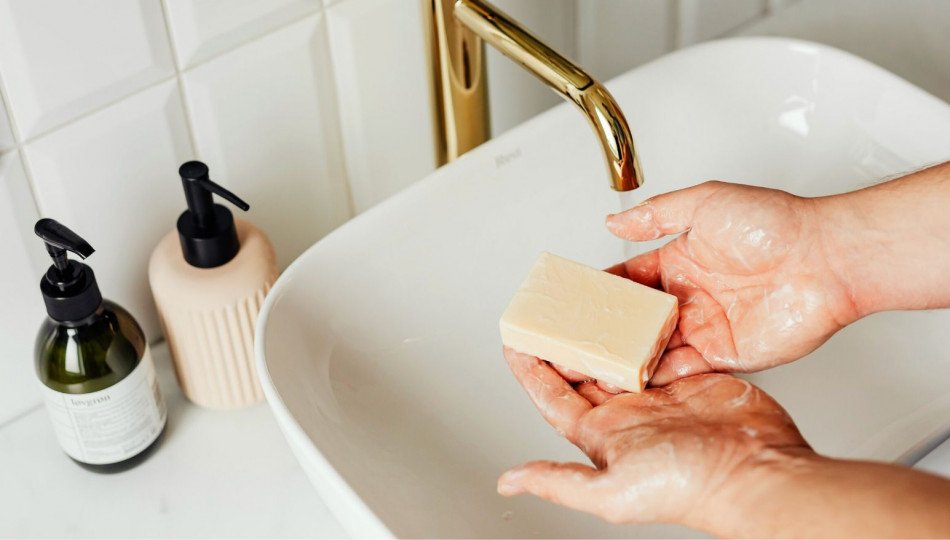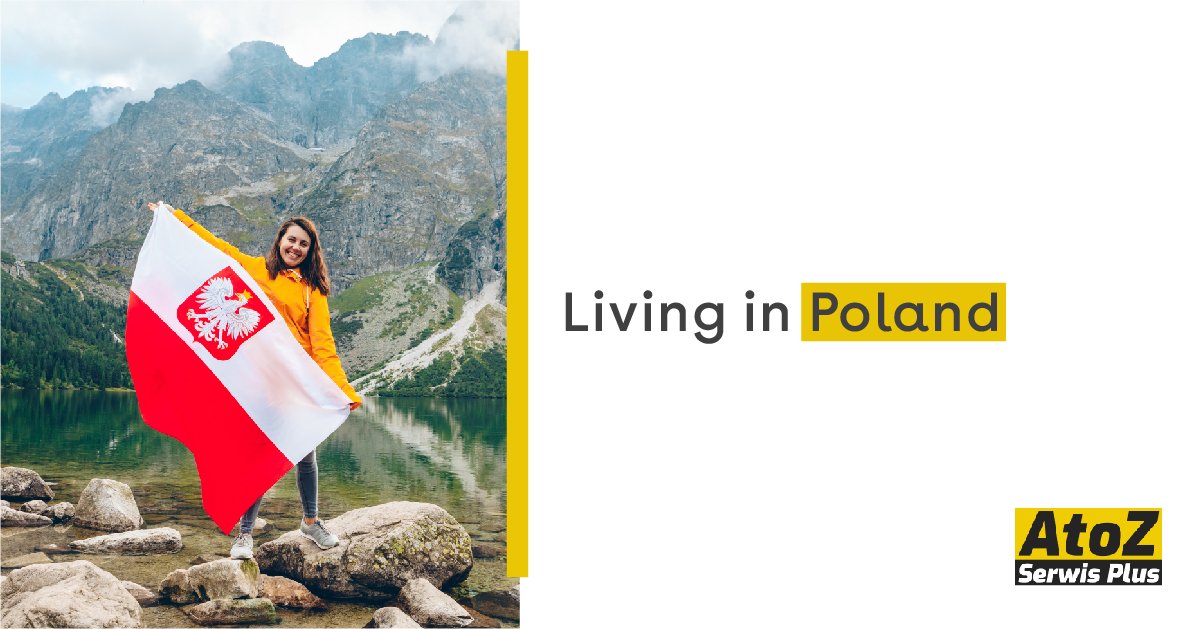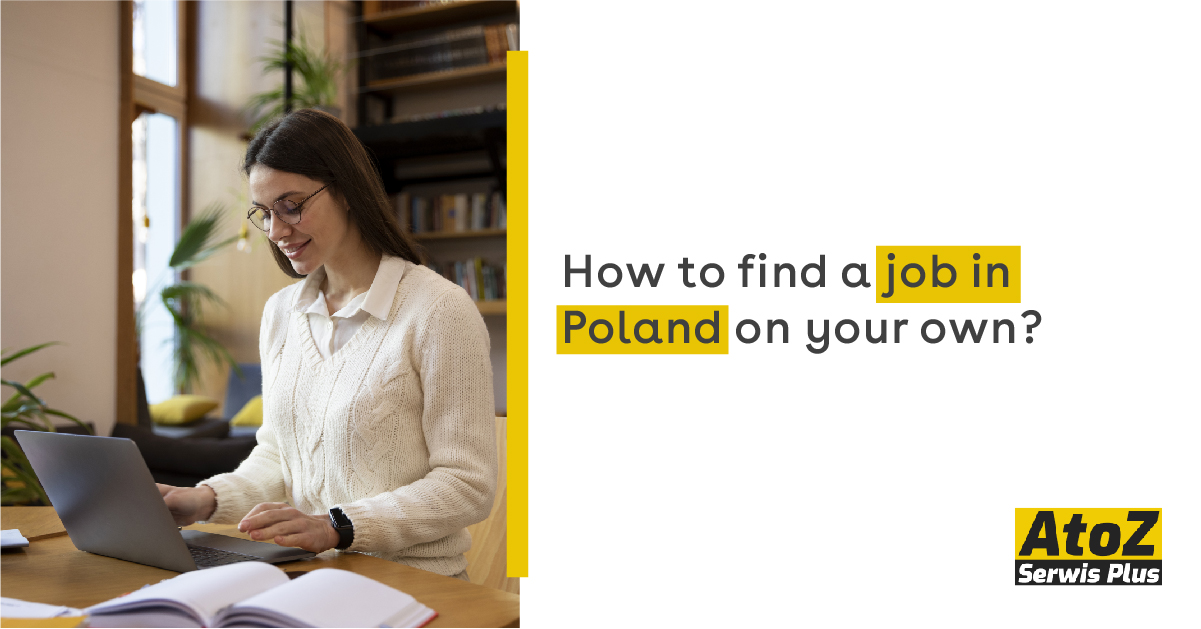

Back to work during COVID-19: new health and safety guidelines for employers in Poland
As lockdown restrictions have eased, a lot of businesses in Poland have decided to resume their normal operations. However, the pandemic is not over yet and many employees express genuine concerns about going back to the office. What should companies do to make their workplaces as safe as possible? The National Labour Inspectorate publishes new health and safety guidelines for employers in Poland.
According to Polish law, employers are responsible for providing their employees with a safe working environment. Therefore, it is the company's duty to implement new workplace policies in order to reduce the risk of coronavirus transmission among employees. The following are the most important health and safety guidelines prepared for Polish companies by the Central Institute for Labour Protection - National Research Institute (Centralny Instytut Ochrony Pracy – PaÅ„stwowy Instytut Badawczy) and the Chief Labour Inspectorate (GÅ‚ówny Inspektorat Pracy):
Limit the number of employees present at the same time:
- In the workplace: by implementing flexible work schedules.
- In sanitary facilities, break rooms, changing rooms: e.g. by scheduling rest breaks at different times.
Employers are strongly encouraged to allow work-from-home arrangements when possible.
Maintain a safe distance between employees:
- Rearrange your workspace, introduce changes to employees’ schedules (e.g. implement rotating work schedules or remote work options) to maintain a distance of at least one and a half metres between employees’ desks.
If direct contact with other employees or clients cannot be avoided:
- Limit the number of employees (to two or three) who come into direct contact with each other by creating fixed teams.
- Install protective screens to separate employees from clients or customers.
- Reduce time spent on face-to-face interactions with customers to no more than 15 minutes.
- Ensure that employees use personal protective equipment (masks, face coverings, gloves etc.) at work.
- Provide your employees with hand sanitizers and surface disinfectants.
Employers are also advised to switch to digital means of communication and reduce the number of business trips or face-to-face meetings with people from outside the company.
In order to reduce the risk of SARS-CoV-2 transmission in the workplace, it is necessary to implement and comply with the following safety measures:
- To regularly disinfect high-touch surfaces such as door handles, soap dispensers, washbasins, toilets, desks, keyboards etc.
- To provide employees with hand-washing facilities (soap and running water) and clear information on how to wash and sanitize hands properly.
- To ensure that the workspaces (including floors, tables, chairs, cupboards) are cleaned daily using detergents.
- To ensure that kitchen utensils are disinfected by employees after use and that the tableware is not shared.
- To remove newspapers, magazines and information brochures from break rooms, waiting rooms, lobbies or reception areas.
- To ensure that company vehicles are regularly cleaned and disinfected as well as equipped with hand sanitizers, paper towels and garbage bags.
It is also recommended that employers install disinfectant mats at entrances and ensure proper ventilation in all workplaces.
Employees are to be encouraged to use their own modes of transport and to be provided with free parking options or secure bicycle storage spaces.
Companies are advised to establish safety procedures for if an employee develops COVID-19 symptoms. These should include specific guidelines on how to protect the rest of the staff, how to determine which members of staff may have come into direct contact with the employee and how to report a potential case of COVID-19 to the relevant sanitary and epidemiological station.
The document can be found on the website of Poland's National Labour Inspectorate (Państwowa Inspekcja Pracy).


















